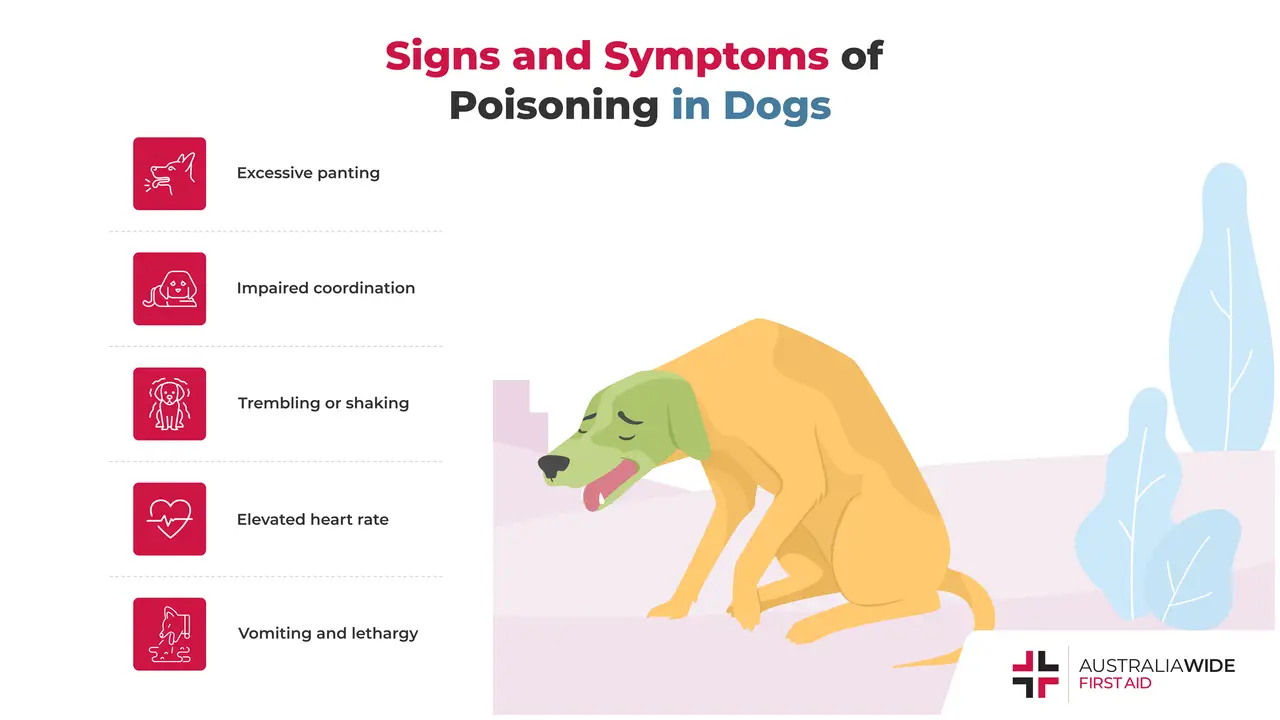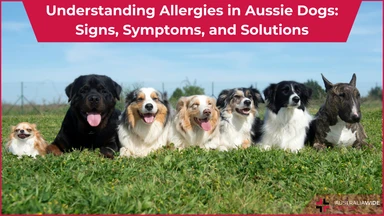Pet First Aid: How to Treat Poisoning in Dogs


Poisoning in dogs is common because dogs explore and discern using their mouths. Many substances, like antifreeze, have a sweet taste that appeals to dogs.
Knowing how to identify and treat your dog in the case of poisoning can save his life. Acting quickly is the key to recovery. The longer a substance remains in your dog’s stomach or skin, the more dangerous the situation.
Most dogs recover from poisoning using first aid techniques and evaluation from veterinarians.

Most manufactured substances can be toxic to animals if consumed in significant quantities. But some are more toxic than others. Additionally, some natural substances and plants can be harmful. Below is a list of common poisonous substances for dogs:
The signs of poisoning in dogs are consistent. If you note the following symptoms in your dog and see evidence of rubbish or leftover poisonous substances, act immediately:
It is best practice to speak to a veterinarian or poison control specialist before inducing vomiting because sometimes it can be harmful. However, early vomiting is often a critical factor in recovery.
If you are unable to reach a credible source for guidance and your dog is exhibiting signs of poisoning, induce vomiting using the following:
Do not induce vomiting if:
Treatment for poisoning may involve first-line treatment at home followed by a visit to the veterinarian for a comprehensive workup, targeted therapy for the specific toxin, and monitoring.
In the office, your veterinarian might offer the following clinical treatments:
Obtain professional help. A licensed veterinarian can differentiate between different types of poisoning to provide the best treatment.
Keep household cleaners and food safely stored away. Larger breeds like Labrador Retrievers are especially prone to poisoning because they are more likely to explore substances through their mouth.
Keep hydrogen peroxide on hand if travelling outdoors or camping where toxic substances might be present.
Though some poisonings can be fatal, most are not fatal except in the cases of incredibly toxic substances or ingested in large quantities. A veterinarian or poison control center can guide you on whether or not to treat at home. It is best practice to have a professional evaluate your pet after completing treatment at home.
Poisoning can be a scary event for both the pet and the pet owner. But taking steps to learn first aid skills helps to keep your pet safe.
Check out the Australia Wide article library for more pet first aid resources.
Articles you may find helpful include:
We run certified First Aid courses throughout all major Australia citys. Find a location near you.

April 16, 2024
Like humans, our canine friends are susceptible to allergies, which can significantly affect their quality of life. This article aims to shed light on common allergies in dogs, their signs and symptoms, treatment options, and advice on when to consult a veterinarian.

March 19, 2024
From respiratory distress to changes in droppings and abnormal behaviours, this guide outlines the key indicators of illness that require immediate attention. By understanding these warning signs, bird owners can take proactive steps to ensure their feathered companions receive timely medical treatment, ultimately promoting their health and well-being.

February 12, 2024
In the hustle and bustle of our daily lives, it's easy to overlook that our furry friends may not be leading lives as fulfilled as we'd like. Just like humans, dogs too can suffer from monotony, especially those spending large amounts of time indoors. Recognizing and addressing boredom in our canine companions is crucial for their overall well-being.